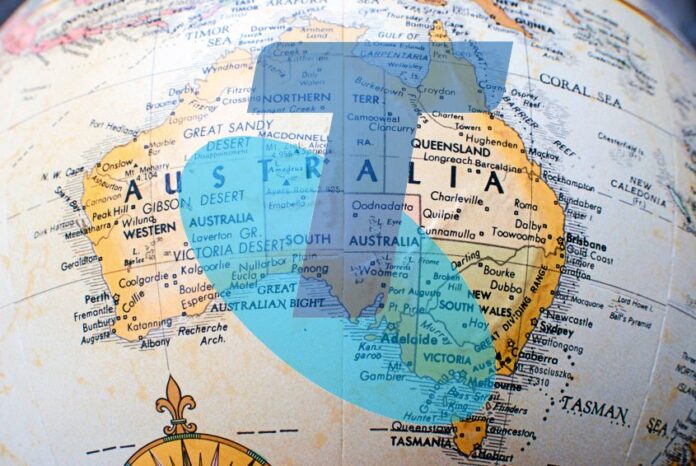Telstra has announced a AUS$100 million deal with utility services provider Intellihub to provide up to 4.1 million cellular IoT SIMs for smart energy meters in Australia over the next 10 years. The operator said it was its “largest ever IoT deal”, in terms of both the value and volume of the devices in the contract. The meters will be connected on Telstra’s NB-IoT network; many will be installed with customers taking electricity from its new energy business, Telstra Energy.
Intellihub, based in New South Wales, has installed more than one million smart meters in Australia and New Zealand, it claims, with new meters going in at a rate of around 1,000 per day. The company was founded four years ago. Telstra claims to have around five million IoT-style devices on its networks, including legacy M2M units on its 2G and 3G networks, and higher-powered IoT units on its LTE (4G) and 5G infrastructure.
It claims to have 1.2 million devices on NB-IoT and LTE-M networks, built specifically for low-power wide-area (LPWA) IoT use cases. Telstra’s NB-IoT coverage in Australia stretches to around four million square kilometres; its LTE-M coverage is around three million square kilometres. It claims the largest cellular LPWA network in the country. It is connecting new IoT devices at a rate of 50,000 per month, it reckons.
The NB-IoT and LTE-M SIMs it is providing to Intellihub will be soldered into each device at the point of manufacture. Half a million have already been installed into Intellihub smart meters. “The deal also provides Intellihub with price certainty for the next 10 years – key for its next phase of growth,” said Telstra.
Telstra Energy gained authorisation last year to operate as an electric provider in New South Wales, Queensland, and South Australia, and appointed Intellihub to provide metering and data insights.
Intellihub said in a statement: “We have a large and growing pipeline of new smart meter deployments over the next decade, and this requires the processing of large volumes of near real time smart metering data. To achieve this requires a scalable IoT-enabled solution. It can enhance service levels and add value by unlocking meter data insights.
“The good news for our retail customers in Australia is that we’ve just signed a 10 year agreement with Telstra – the largest IoT deal in Telstra’s history. It will double the number of IoT devices running on the Telstra network. The deal can accommodate around four million connected devices and was constructed using a simple and scalable structure that allows for additional value added services as Telstra and Intellihub continue to grow together.”
The company added: “It’s no secret that energy systems across the world are rapidly transitioning to provide for increasing levels of renewable energy flowing in multiple directions between customers and the grid electricity. Much of this activity is happening behind the meter in customer premises with rooftop solar, batteries, electric vehicles and other demand response technologies.
“Soon, much of this distributed energy will be orchestrated via cloud-based virtual power plant software. For grid operators, access to energy data is crucial for greater visibility of network performance and helping to maintain a safe and reliable service to their customers. The smart meter sits between all these services and the electricity grid – transporting energy data so it can be processed, analysed and managed by electricity retailers and networks for the benefit of their customers.”

